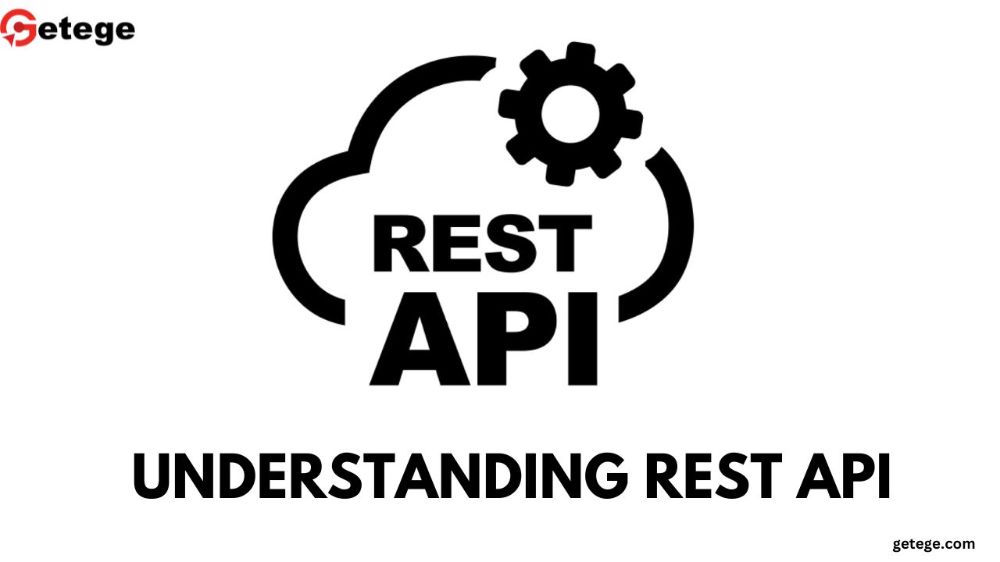How Data Science is Shaping the Future of Business and Technology
In today's fast-paced, data-driven world, data science has emerged as a pivotal field that transcends industries and enhances decision-making processes. As businesses and organizations increasingly rely on data analytics, the demand for skilled data scientists continues to surge. This article will explore the fundamentals of data science, its significance, essential skills, and how to embark on a successful data science career.
What is Data Science?
Data science is a multifaceted discipline that merges mathematics, statistics, computer science, and specialized knowledge to derive valuable insights from both structured and unstructured data. It encompasses a variety of techniques, including data analysis, data mining, machine learning, and predictive analytics. The ultimate goal of data science is to turn raw data into actionable intelligence, enabling businesses to make informed decisions.
Why is Data Science Crucial in Today's World?
The importance of data science cannot be overstated. In an era where data generation is exponentially increasing, organizations leverage data science to:
- Enhance Decision-Making: Data-driven insights allow businesses to make better decisions, reducing risks and increasing profitability.
- Improve Customer Experience: By analyzing customer behavior and preferences, companies can tailor their products and services to meet client needs, enhancing satisfaction.
- Optimize Operations: Data science helps identify inefficiencies in business processes, enabling organizations to streamline operations and reduce costs.
- Drive Innovation: Insights from data can spark innovative ideas, leading to new products, services, and business models.
Essential Skills for Aspiring Data Scientists
To thrive in the field of data science, one must possess a diverse skill set. Here are some of the key skills that aspiring data scientists should focus on:
1. Programming Languages
Proficiency in programming languages such as Python and R is fundamental for data manipulation and analysis. Python, in particular, has gained immense popularity due to its simplicity and versatility, while R is favored for statistical analysis and data visualization.
2. Statistical Analysis
Understanding statistical concepts is crucial for interpreting data and drawing valid conclusions. Skills in hypothesis testing, regression analysis, and probability theory are essential for effective data analysis.
3. Machine Learning
Machine learning is a core component of data science that involves algorithms that enable computers to learn from data and make predictions. Familiarity with supervised and unsupervised learning techniques is vital for data scientists.
4. Data Visualization
Being able to present data insights visually is essential for effective communication. Tools like Tableau, Matplotlib, and Seaborn can help create informative and engaging visualizations.
5. SQL and Database Management
Structured Query Language (SQL) is essential for retrieving and manipulating data stored in databases. A solid understanding of database management systems is crucial for data scientists working with large datasets.
How to Start a Career in Data Science
Embarking on a career in data science can be an exciting journey.
1. Build a Strong Foundation
Begin by developing a solid understanding of mathematics, statistics, and programming. Online courses and resources are abundant and can help you grasp essential concepts.
2. Take Online Courses
Numerous platforms offer online courses in data science, including Coursera, edX, and Udacity. Consider enrolling in specialized programs that cover key areas such as machine learning, data analysis, and data visualization.
3. Work on Projects
Hands-on experience is invaluable in data science. Engage in personal or collaborative projects to apply your skills and showcase your capabilities. Kaggle is a great platform to find datasets and compete in data science challenges.
4. Join Data Science Communities
Connecting with others in the field can provide support and inspiration. Participate in online forums, attend meetups, and engage with data science communities on platforms like LinkedIn and Reddit.
5. Create a Portfolio
As you gain experience, curate a portfolio of your projects and analyses. This will serve as evidence of your skills and can impress potential employers during job interviews.
Career Opportunities in Data Science
The demand for data scientists spans various industries, providing numerous career opportunities.
- Data Analyst
- Machine Learning Engineer
- Data Engineer
- Business Intelligence Analyst
- Data Scientist
These roles often require a blend of technical and analytical skills, making data science a versatile and rewarding career choice.
Future Trends in Data Science
As technology continues to evolve, data science will likely witness significant transformations.
- Artificial Intelligence Integration: The fusion of AI and data science will enhance predictive analytics, leading to smarter decision-making processes.
- Big Data Technologies: As organizations collect more data, the need for advanced big data tools and frameworks will grow, enabling the processing of vast datasets.
- Automated Machine Learning: The automation of machine learning processes will simplify data analysis, allowing non-experts to leverage data insights.
Conclusion
Data science is a dynamic field that offers immense potential for individuals looking to make a meaningful impact in their careers. By developing essential skills, gaining practical experience, and staying updated with industry trends, you can position yourself for success in this exciting domain. As data continues to shape the world around us, the role of data scientists will remain pivotal in driving innovation and fostering growth.














